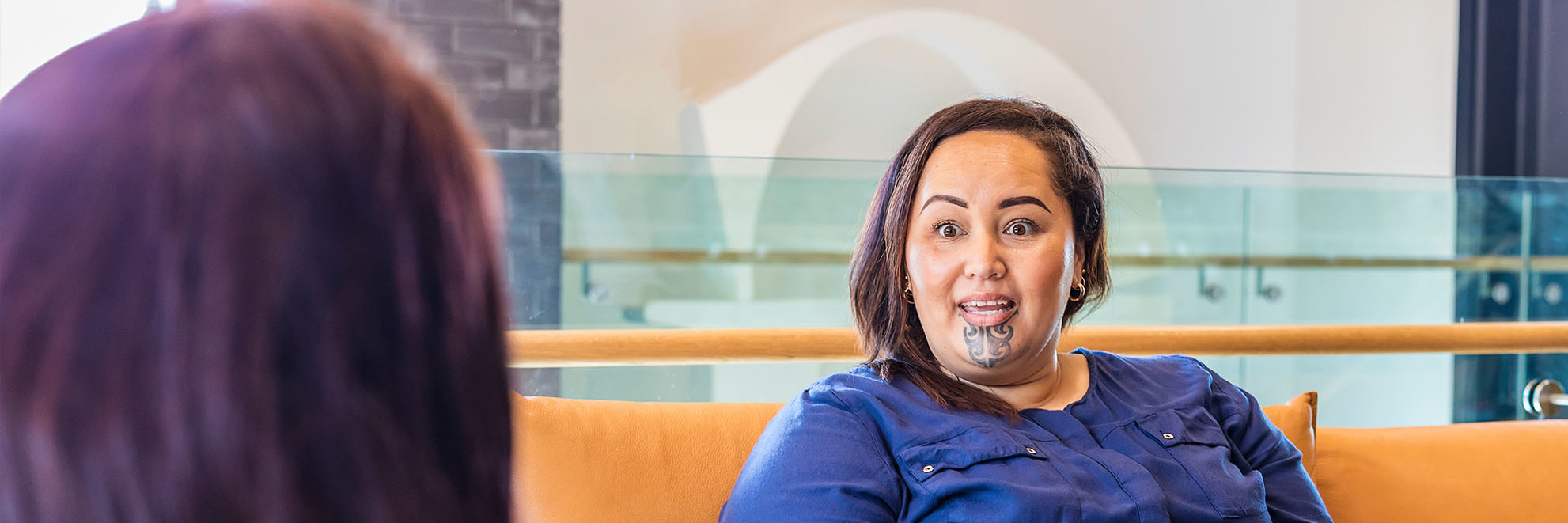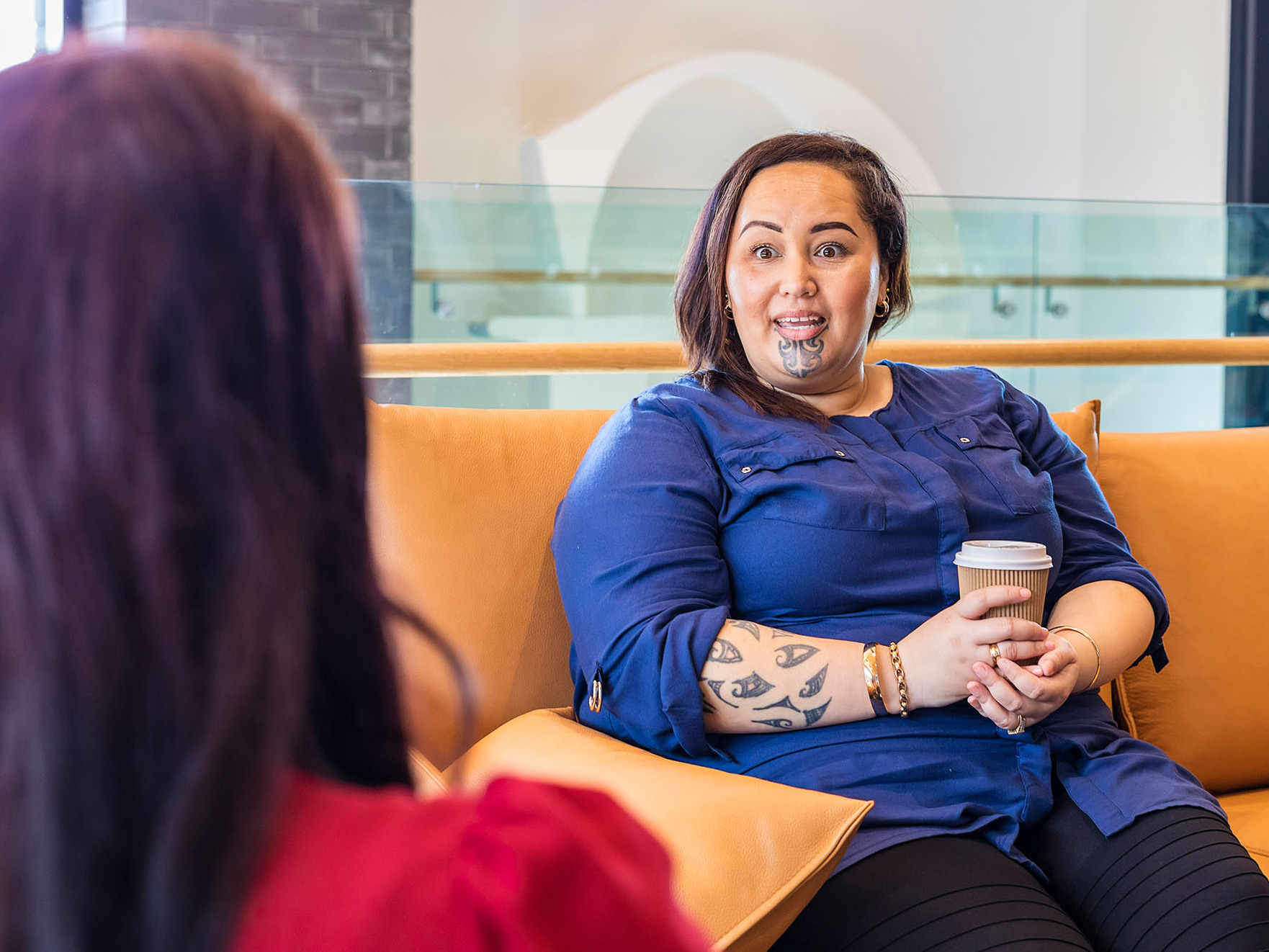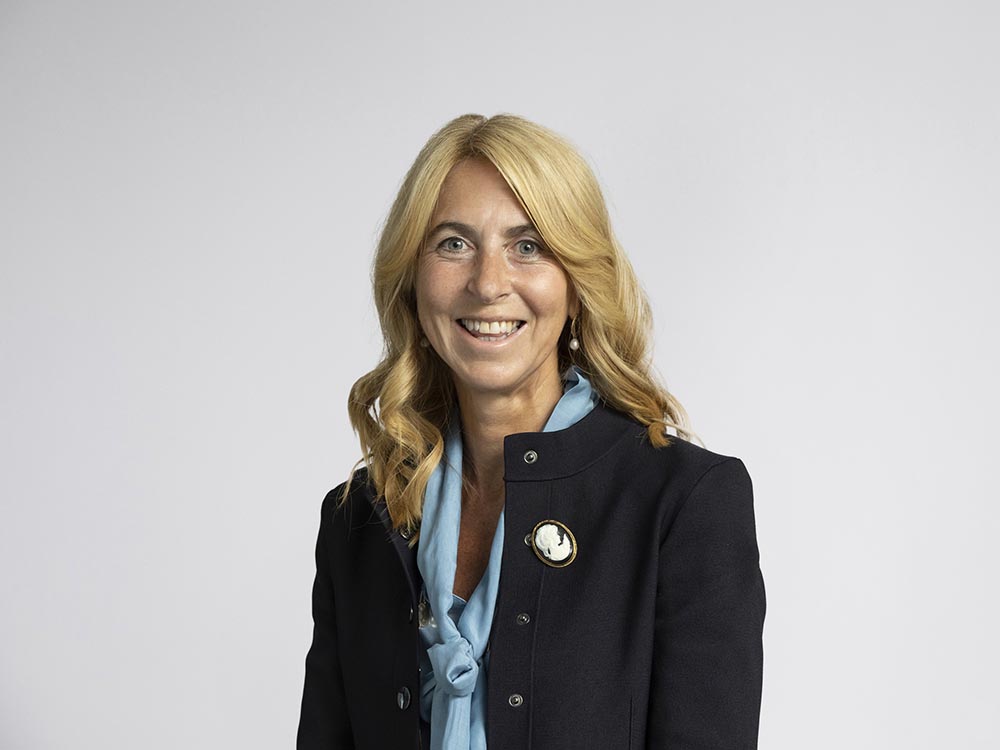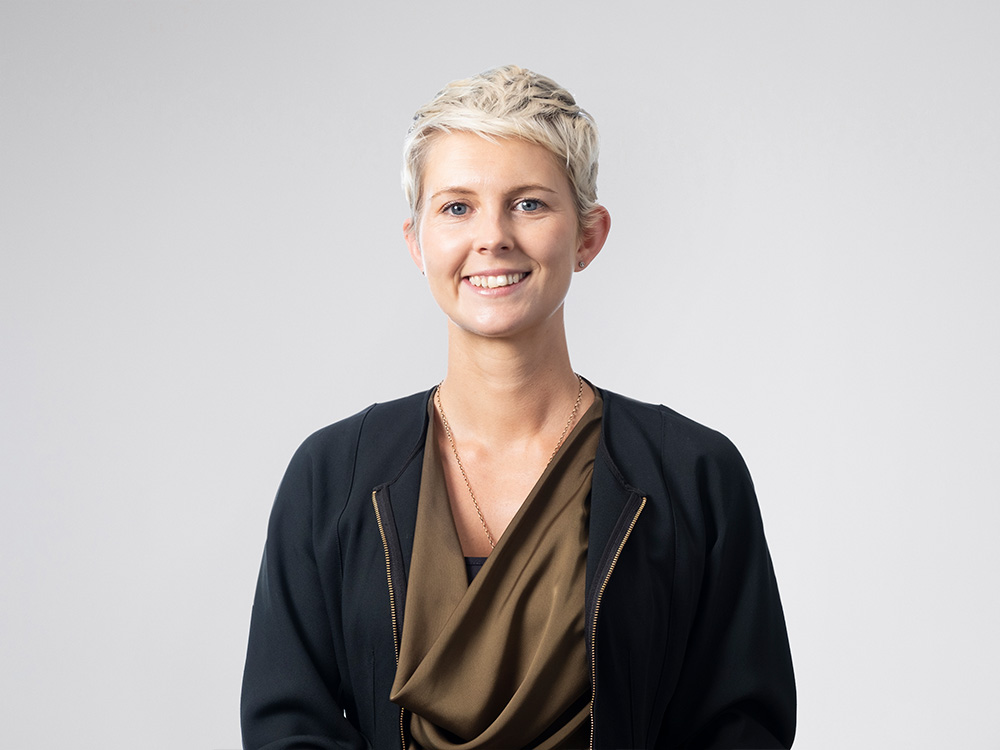Without free legal services provided within communities, a large – and growing – number of people would go without access to justice. This is why supporting Community Law is a core pillar of MinterEllisonRuddWatts’ Community Investment Programme. The firm has supported grassroots and community organisations in Aotearoa New Zealand for many years to make a greater impact and help shape the country’s future for the better.
Community Law has a network of 24 centres, and many outreaches, across the country. We talked to leaders from two Community Law Centres to find out why their services are so important.
Sabrina Muck, Senior Lawyer from Waitematā Community Law Centre (WCLC), and Community Law Wellington & Hutt Valley’s (CLWHV) Olive Grant (Kaiārahi Project Coordinator) and Tina Walker-Ferguson (Kaihautū Tānga/Publications Director) share their insights below.
“Community Law services are all about providing access to legal support for people who are otherwise unable to find or fund access to those services by themselves – those most harmed by structural inequity,” says Olive Grant.
“Our centre provides services for our community, and our services are driven by the struggles of the community. We provide legal support on family, employment, immigration, discrimination, tenancy, consumer and debt, criminal, traffic and other matters. We offer a range of legal services including prison outreach, writing and publishing the Community Law Manual , our student rights service, restorative justice services and legal education.
“We are hugely reliant on volunteers and pro bono support to meet the needs of the community and keep our services afloat.”
Core to the foundation of the service, says Olive, was a deep and continuous commitment to making law more available for the community, by the community.
“The organisation as a whole was founded on providing help for people who have been marginalised. A big part of our work is helping Māori, who are hugely overrepresented in our criminal justice system. Moana Jackson’s 1987 report He Whaipaanga Hou highlighted the huge inequities in our justice system and the need for a legal service for Māori by Māori. We run a number of kaupapa Māori outreach clinics with this in mind. Honouring Te Tiriti o Waitangi is a priority for Community Law Wellington & Hutt Valley.
“When we were established, the vision for our centre was that in 100 years we would no longer need to exist. Unfortunately, our services are more popular today than ever.
“Our priority is to try to restore balance and support people who are most affected by the inequalities of our justice system. And, as the percentage of Māori in prison increases, our centre is part of a movement trying to change that trend.”
Access to information, advice and options
Sabrina Muck, from WCLC, shares this viewpoint.
“Access to justice in New Zealand is a significant issue. For most people, it is very difficult to afford legal services. Many people fall outside the legal aid criteria and simply can’t afford legal advice. Even people who are eligible for legal aid support will often find the system too overloaded to help them. Clients living with mental health issues or other vulnerabilities tend to experience further barriers to understanding their rights and finding appropriate legal representation.
Access to justice in New Zealand is a significant issue. For most people, it is very difficult to afford legal services.
“At Community Law, our aim is to centre the needs of our clients and the community. We are here to ensure everyone can access legal information and advice about their rights and obligations, and understand the best way forward for their situation. We strive to deliver high quality advice in a professional, nonjudgemental way.”
Improving social and sustainable outcomes
Respect is a common theme. Olive says that the law is full of barriers and can be intimidating for people.
“When people come to our centre, we treat them with respect. We acknowledge that whatever they are feeling is true and valid. Talking in a more conversational way about the law allows us to rebalance the access to justice so it is available.”
To provide further help, the Community Law Manual, which covers many areas of law, is available online and in hard copy. Editor Tina Walker-Ferguson says: “We distribute about 400 copies each year, about 100 of which are sponsored by firms and businesses so that we can send them out to kaupapa that would otherwise not be able to afford a copy. The manual provides people with tools to navigate many situations, delivering information to support and empower people.
“Our other work includes a restorative justice service for people going through the court system, bringing parties together for a restorative hui where they can discuss, identify and reframe justice. This also delivers an approach that is more holistic and aligned with Māori world views.”
Supporting the changing needs of the community
There’s no doubt that Covid has required community law practices to adapt significantly as pre-existing issues have become more pronounced and the need to reach people has intensified.
Sabrina says that the constantly shifting landscape of employment law since March 2020 resulted in a huge spike of enquiries, with many employees needing to understand their rights and obligations in such an uncertain time.
“We also saw tenancy issues jump up, with landlords wanting to exit tenants during lockdown and not abiding by the law. This has given rise to a more pronounced general sense of dissatisfaction with landlords who are not meeting their obligations currently. As we came out of lockdown, we also saw a rise in family law enquiries about separation, care of children and family violence.”
Sabrina also highlights that there was a huge increase in immigration enquiries at the start of Covid.
“When Immigration NZ delayed processing applications, many people on temporary visas found themselves out of work and were then unable to access any type of government assistance. Immigration issues are ongoing, alongside other effects of the past few years.
“The sharp rise in the cost of living and ongoing lack of access to stable housing means we are seeing an increase in crimes borne of poverty. Coming into the Christmas period, we always experience a significant increase in enquiries due to job losses, financial strain, tenancy evictions, and family issues. It’s always our busiest time of year, and not necessarily a cheery time of year for our clients.”
Tina adds that these challenges don’t just affect people who use the service.
“The rising cost of living has also impacted our client-facing mahi. It is harder for us to find staff, as what we can pay doesn’t compete with the rest of the market. This means we have gaps in our offering and we have to fundraise, which takes time away from our purpose of meeting legal needs within the community. We’re always on the lookout for more support.”
Partnering to deliver resources and advice
This need is why the support of firms like MinterEllisonRuddWatts is so important, says Sabrina.
“MinterEllisonRuddWatts offers pro bono advice for issues and access to their organisation for expert insight across different areas of law. It’s a partnership that is incredibly valuable for us and our clients, because the more people understand their rights and obligations, the more they can fully participate in and contribute to society.
“Our role as lawyers is to advocate for our community and ensure legal advice and information is available to the people who need it most.”
Ultimately, all three practitioners agree that access to legal advice, and understanding your legal rights, should be a right, not a privilege.
For more information on Waitematā Community Law Centre and Community Law Wellington & Hutt Valley, please visit waitematalaw.org.nz and wclc.org.nz.
Investing in our communities
MinterEllisonRuddWatts is working to make a positive impact for our communities because we are passionate about helping to shape Aotearoa New Zealand’s future.
Our Community Investment Programme (CIP) supports grassroots and community organisations so we can make a greater impact and we are dedicated to building long-term partnerships with organisations that are committed to kia toitū te taiao (having a positive, sustainable impact on our planet) and kia toitū te tangata (caring for our people, clients and communities) providing support through a combination of pro bono, community programmes, volunteer support and sponsorship.
In our Sustainability Strategy we have committed to having 90% of all partners and staff involved in pro bono client work, regardless of their role at our firm. We have also committed to providing at least $250,000 per year of in-kind support to our CIP partners focused on at least two of the following issues: poverty, gender
equality, reduced inequality, and rule of law.



